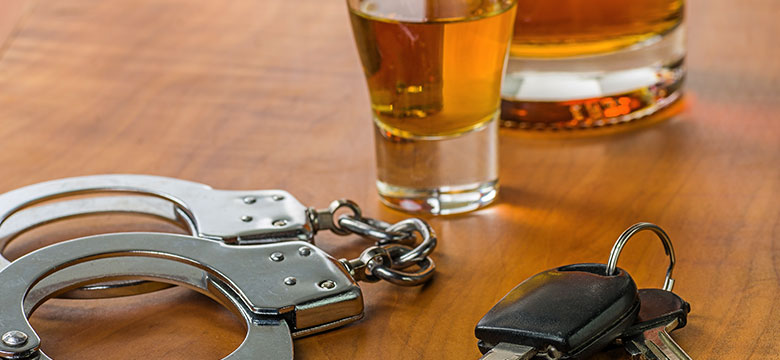Driver’s License Issues after a North Carolina DWI
By
Randall Law, PLLC excels in criminal defense, serving clients in Charlotte, NC & other surrounding cities.
Learn More
Randall Law, PLLC
i
Category Charlotte DWI Attorney, Charlotte DWI Lawyer, DWI
Thursday, March 31, 2022

Understanding DWI License Suspensions & Limited Driving Privileges in North Carolina
If you’ve been charged with DWI (driving while impaired) in North Carolina, you’re probably aware of the criminal penalties. Even a first-time offense could mean incarceration and fines.
But like in many other U.S. states, driving is a privilege. As such, a drunk driving arrest may trigger consequences for your license before you’re even convicted.
DWI – Immediate License Suspension
If you’re arrested on suspicion of impaired driving under North Carolina law, your driver’s license is revoked immediately for 30 days.
You may fight the civil revocation or apply for a pre-trial limited driving privilege after 10 days of the 30-day civil revocation. After the 30-day civil revocation has expired, you are eligible to pay a $100 fine and reinstate your license, but you still may face long-term revocation if you are convicted.
If you refuse a breath test, your revocation is effective for 12 months, regardless of whether you’re convicted. Officers can also use your refusal in court as evidence of your guilt.
DWI Suspension Upon Conviction
You’ll be required to appear in court after a DWI arrest, at which point you can defend yourself against the charges. If you’re unsuccessful and the case results in a conviction, your driver’s license will be revoked.
Depending on the details, a DWI suspensions requires:
- First offense DWI: One-year suspension
- Second offense: Four-year suspension
- Third or subsequent offense: Permanent suspension
In addition to possibly losing the ability to drive, a DWI may result in these criminal penalties.
Limited Driving Privileges
Even after a DWI conviction, there’s a possibility that a judge will grant limited driving privileges that enable you to drive legally for specific, designated purposes.
You may qualify for DWI Limited driving privileges if:
- You haven’t been convicted of a DWI within the past seven years
- You faced Level III, IV, or V punishments for your DWI conviction
- You participate in a substance abuse assessment program
- You don’t have any other pending DWI charges or convictions
Again, different provisions apply for a refusal to submit to a breathalyzer. You may still be eligible for limited driving privileges, but only after a six-month driver’s license revocation.
Restrictions of Limited Driving Privileges
You need to be aware that your limited driving privileges will not allow you to drive wherever you want during specified times and days.
A DWI restricted license only lets you drive for:
- School
- Work
- Household maintenance
- Court-ordered alcohol treatment or assessment
- Community service as required by probation
- Emergency medical needs
- Religious services
You cannot drive for any purpose outside of these needs. You cannot drive a commercial vehicle or drive with any alcohol in your system.
Violating the terms of your limited driving privileges is very serious – not only will you lose your privileges, but you will likely be charged and subject to additional punishment.
Applying for DWI Limited Driving Privileges
If you qualify for requesting limited driving privileges, there is a strict application process that you will need to follow. First, you will have to make a formal request for a limited driving privilege to a judge and provide all required documentation for their review.
Assuming the judge grants your request, you must apply with the clerk’s office in the county where you were charged. As part of the application, you will have to fill out the appropriate forms, provide substantial documentation, such as proof of insurance, and pay all required fees.
Restoring Your License after a DWI
One of the most unexpected driver’s license issues after a North Carolina DWI relates to restoring it after your suspension ends. You don’t automatically get your driving privileges back when the revocation ends.
In many cases, you’ll need to participate in a DWI assessment session to determine whether you’re a candidate for additional support on substance abuse issues. Then, you may need to enroll in and complete treatment recommendations resulting from the assessment.
Keep Your License: Call a Charlotte DWI Attorney
Contacting an experienced DWI lawyer can mean the difference between a conviction and acquittal or jail time and community service if you’re facing a DWI charge. There may be additional driver’s license issues after a North Carolina DWI, but the details depend on your specific circumstances.
To learn how drunk driving laws apply in your case, please contact Randall Law. You can call 980-237-4579 to set up your free consultation with our Charlotte defense attorneys.
